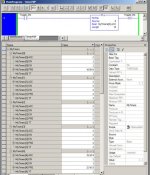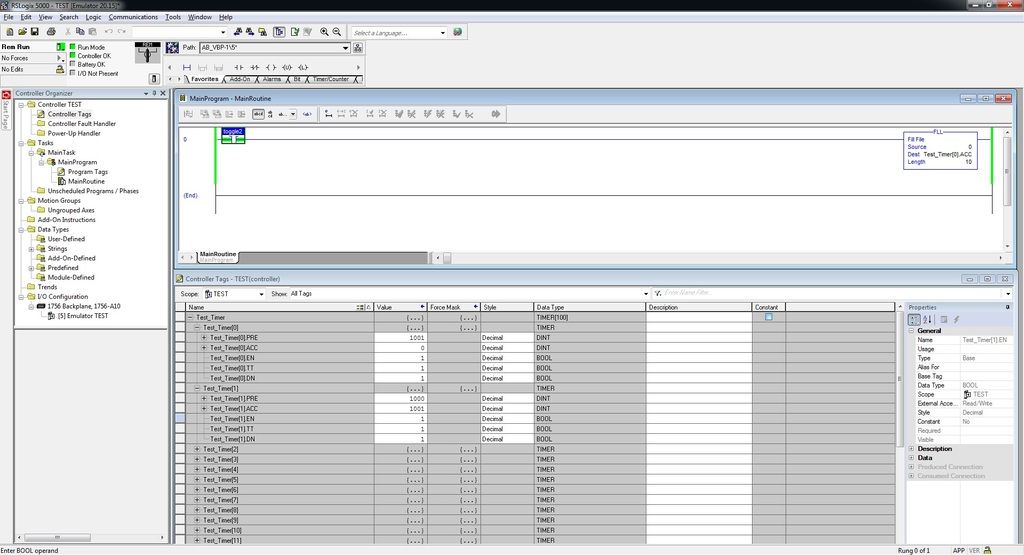John Morris
Lifetime Supporting Member
Hello all
Logiix designer 5K
Been looking around ( not in the right places ) haven't been able to locate an AOI or other instruction for a global reset for counters and timers
Is there such an animal? An where would such an elusive creature be hiding.
Read this
Logix5000 Controllers Program Parameters
And this
Logix5000 Produced and Consumed Tags
Then this
Logix5000 Controllers I/O and Tag Data
And checked the sample code library at RA
Then googled it to death.
Any thoughts?
Any and all appreciated
Logiix designer 5K
Been looking around ( not in the right places ) haven't been able to locate an AOI or other instruction for a global reset for counters and timers
Is there such an animal? An where would such an elusive creature be hiding.
Read this
Logix5000 Controllers Program Parameters
And this
Logix5000 Produced and Consumed Tags
Then this
Logix5000 Controllers I/O and Tag Data
And checked the sample code library at RA
Then googled it to death.
Any thoughts?
Any and all appreciated





